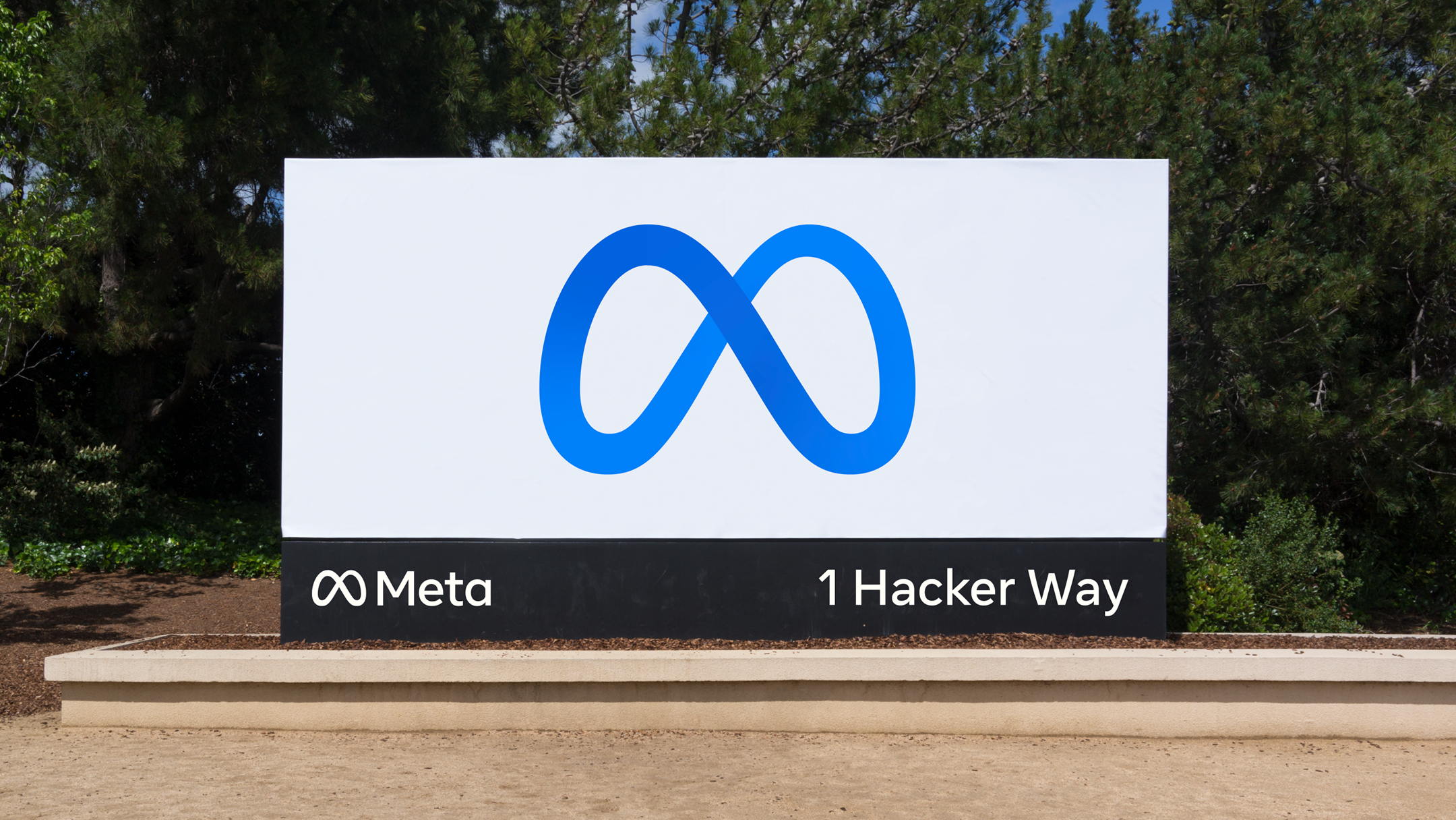

Image credit: Meta
Researchers have brought to light a social media propaganda campaign on Twitter, Instagram, Facebook and other platforms aimed at furthering the interests of the US and its allies on the international stage.
The campaign is the first major covert pro-US propaganda effort taken down by the social media companies, said social media analysis firm Graphika and the Stanford Internet Observatory (SIO).
Dozens of accounts used by the campaign were removed from social media platforms in July and August.
The campaign is unusual in that it makes use of techniques similar to those used by the US’ adversaries, such as false social media accounts with AI-generated profile images.
The researchers said Twitter had identified the US and the UK as the “presumptive countries of origin”, while Facebook and Instagram parent Meta said the US was the “country of origin”.
But the report stopped short of identifying those countries’ governments as being behind the campaign, with the SIO saying it didn’t have the necessary information to attribute the activity to a single country or organisation.
“We believe this activity represents the most extensive case of covert pro-Western (influence operations) on social media to be reviewed and analysed by open-source researchers to date,” wrote Graphika and the SIO in their report.
The accounts in question made use of profile images generated by an AI technique called generative adversarial networks (GANs), which assembles a visual image based on patterns recognised from other images and tries to make it pass as authentic when analysed by a rival AI.
The resulting images may look superficially realistic to a human observer, but often include anomalies that allow them to be spotted as fake.
The propaganda campaign targeted individuals in Asia and the Middle East with fake accounts that posed as independent journalists and posted short videos, memes, hashtag campaigns and petitions.
The campaign gained little interest from its intended audience, with most posts picking up only a “handful” of likes or retweets and less than one-fifth of accounts having more than 1,000 followers.
The researchers said the lack of impact showed the “limitations of relying on inauthentic tactics”.
Most of the accounts began operating in 2019, with a few launched on Twitter in late 2017, the report said.
American space agency prepares for testing of Boeing's Starliner, to ensure it has two space…
As UK and Europe develop closer military ties, European Commission says it will invest €1.3…
Zuckerberg seeks to revive Facebook's original spirit, as Meta launches Facebook Friends tab, so users…
Notable development for Meta, after appeal against 2021 WhatsApp privacy fine is backed by advisor…
First sign of shake-up under new CEO Lip-Bu Tan? Three Intel board members confirm they…
Trump's nominee for SEC Chairman, Paul Atkins, has pledged a “rational, coherent, and principled approach”…